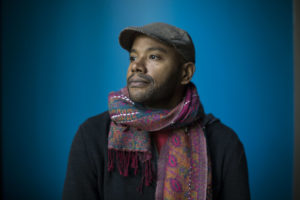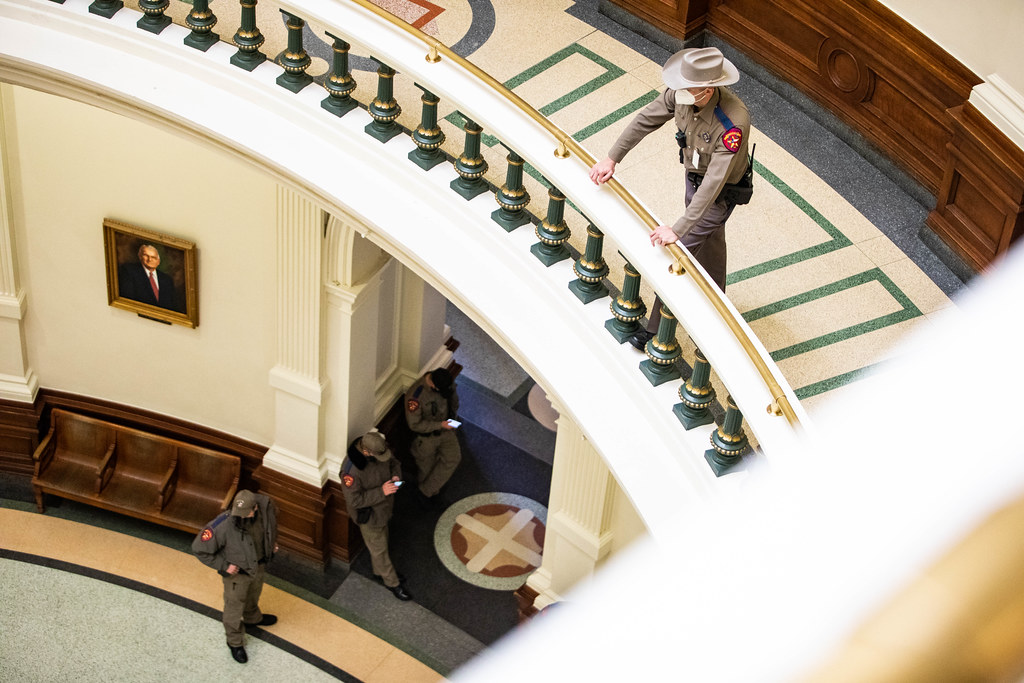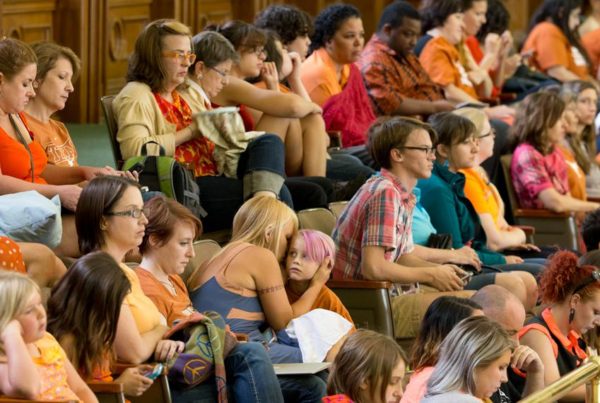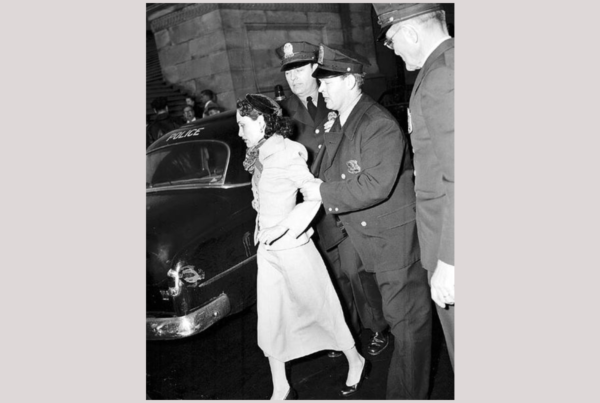This year’s celebration of Dr. Martin Luther King Jr.’s holiday takes place against the backdrop of the sacking of the United States Capitol by a white mob and the second impeachment of a sitting U.S. president.
Many Americans have rightfully expressed shock and horror at the images of white rioters at the U.S. Capitol that left a police officer and four others dead. Subsequent photos of National Guard troops sleeping on the marble floors of the Capitol rotunda to protect it from insurrection have elicited grief, horror and confusion.
Yet it is important, as we approach the King holiday, to face up to the uglier aspects of our recent history, ones we continue to ignore at our own national, political, and moral peril.
Dr. Martin Luther King Jr’s contemporary legacy is all around us. Indeed, on January 5, 2021 Reverend Raphael Warnock became the first Black person elected to the U.S. Senate from Georgia. Senator-elect Warnock’s legacy to King is both personal and political, as he presides over King’s former pastorate at Ebenezer Baptist Church in Atlanta, Georgia. Warnock ran a candidacy that embraced the “beloved community” – King’s phrase for ab America free of racial injustice and poverty. The fact that that phrase resonated clearly throughout Georgia in both last year’s presidential election and two Senate runoffs on January 5 of this year is profoundly important as we face these difficult times.
The revolutionary King bluntly confronted the challenges to his dream of transforming the nation into a beloved community:
“It is an unhappy truth that racism is a way of life for the vast majority of white Americans, spoken and unspoken, acknowledged and denied, subtle and sometimes not so subtle—the disease of racism permeates and poisons the body politic,” King observed during his Passion Sunday sermon at Washington’s National Cathedral on March 31, 1968.
January 6’s insurrection, which included the striking image of a rioter holding a confederate flag in the Capitol, echoes large aspects of the violent opposition that King faced in his own time.
There is a striking through line between 1968 and 2021.
In 1968, America chose “law and order” over Martin Luther King Jr.’s dream of multiracial democracy. The attempted coup at the U.S. Capitol represents the bitter fruits of a harvest of racial division whose immediate historic roots coalesced after King’s death.

Professor Peniel Joseph
This generation of Americans has an opportunity to choose a different path.
The greatest testament to Dr. King’s legacy this year, not just on the day of his holiday, will be the collective effort to reimagine an American democracy.
King would shy away from using his holiday as an example of American exceptionalism and push us toward the hard work of building, for the first time in our nation’s history, a racially inclusive society that will ensure that this latest attack on the sacred citadel of American democracy will be the last.
Peniel Joseph, Ph.D., is the Barbara Jordan chair in Ethics and Political Values at the LBJ School of Public Affairs, and professor of history and founding director of the Center for the Study of Race and Democracy at the University of Texas at Austin.














